raveller started reading Grief Is for People by Sloane Crosley

Grief Is for People by Sloane Crosley
Following the death of her closest friend, Sloane Crosley explores multiple kinds of loss in this disarmingly witty and poignant …
Making knots into rainbows.
Ideas: alternative education, neurodiversity, non-violence, cultural studies, collaborative parenting, HAES, anti-racism, permaculture. Interests: memoir, BIPOC fiction, Palestine, California, Ireland, DCP stories, nature writing, creative geography, cookbooks, graphic novels, picture books, poetry, guidebooks. About: White cis woman. Unschooling parent. PhD in English/Feminist Theory, specializing in 19th-20th century California domestic fiction. Volunteer support group moderator at "Unschooling Every Family." Podcaster at "Untangling Oursleves." Healing CPTSD. Bagel maker and haphazard gardener.
This link opens in a pop-up window

Following the death of her closest friend, Sloane Crosley explores multiple kinds of loss in this disarmingly witty and poignant …
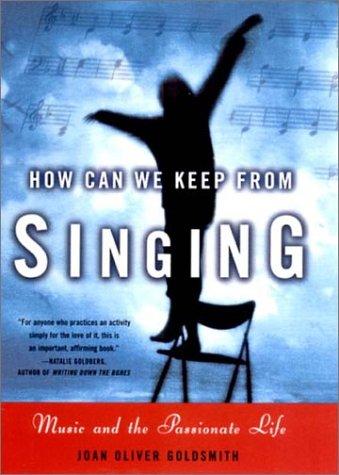
"In an irresistible writing voice, Joan Oliver Goldsmith celebrates the world of song. She brings the reader inside the music …
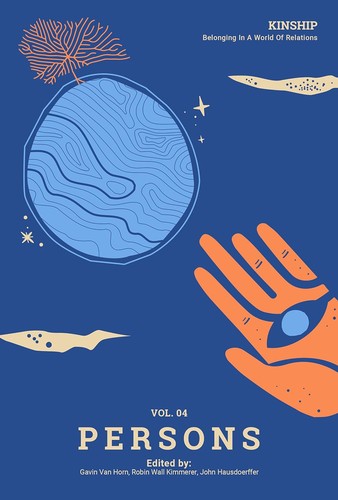
Volume 4 of the Kinship series revolves around the question of interpersonal relations: Which experiences expand our understanding of being …

No geology is neutral, writes Kathryn Yusoff. Tracing the color line of the Anthropocene, A Billion Black Anthropocenes or None …
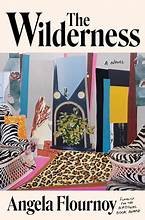
"Wonderfully ambitious.... Flournoy explores the complexity of friendship, family, and home in a voice that is expansive yet intimate, humorous …
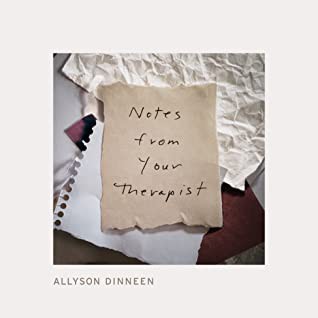
Daily inspiration in the form of hand-written notes on emotions, emotional intelligence, and relationships, based on the popular Instagram account …

"In an irresistible writing voice, Joan Oliver Goldsmith celebrates the world of song. She brings the reader inside the music …
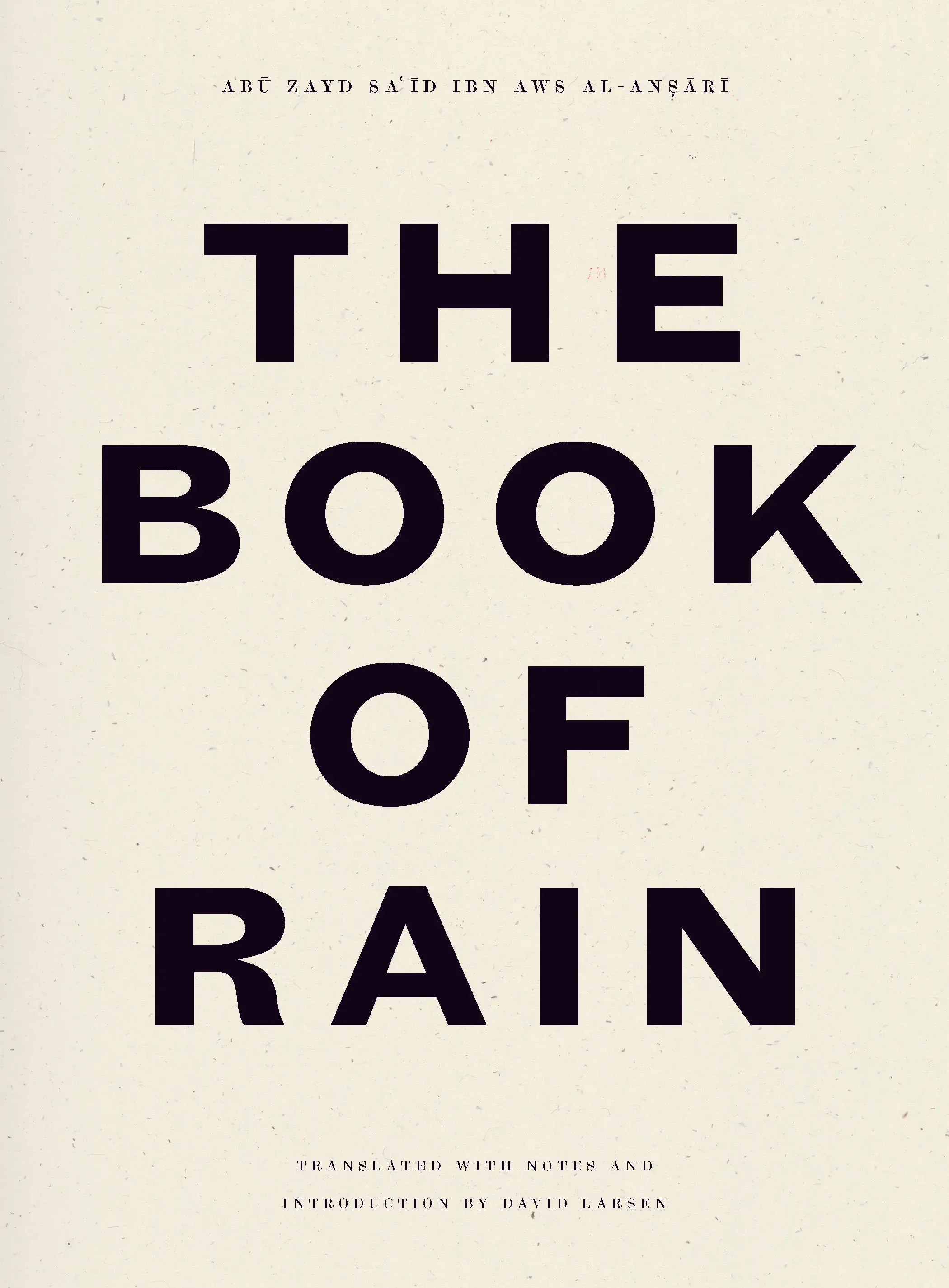
The contents of the future are the contents of a cloud.
So begins translator David Larsen’s introduction for the …
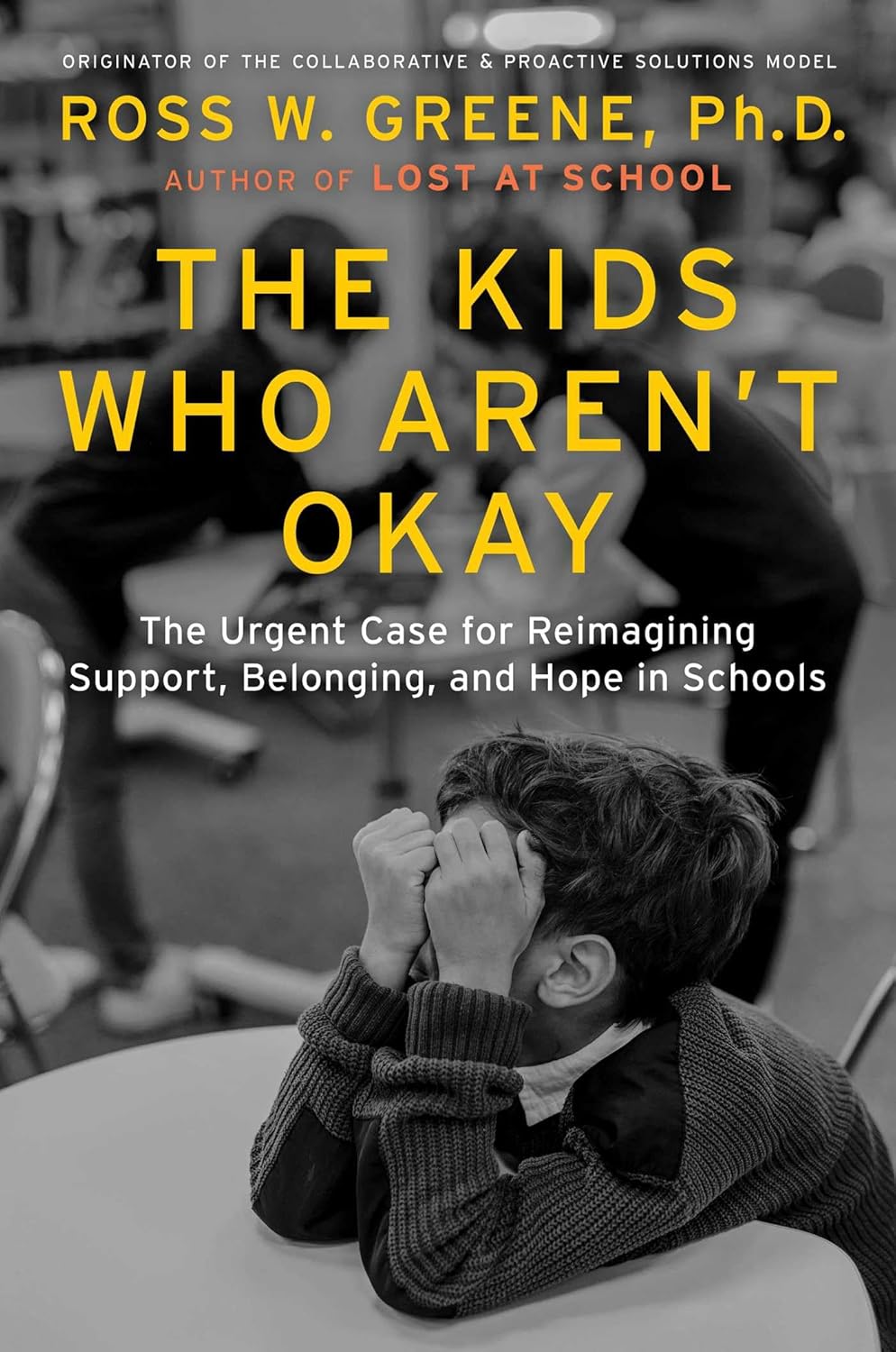
From a New York Times bestselling authority on education and children’s mental health comes a groundbreaking guide to navigating classroom …

In this memoir, singer-songwriter Patti Smith shares tales of New York City : the denizens of Max's Kansas City, the …
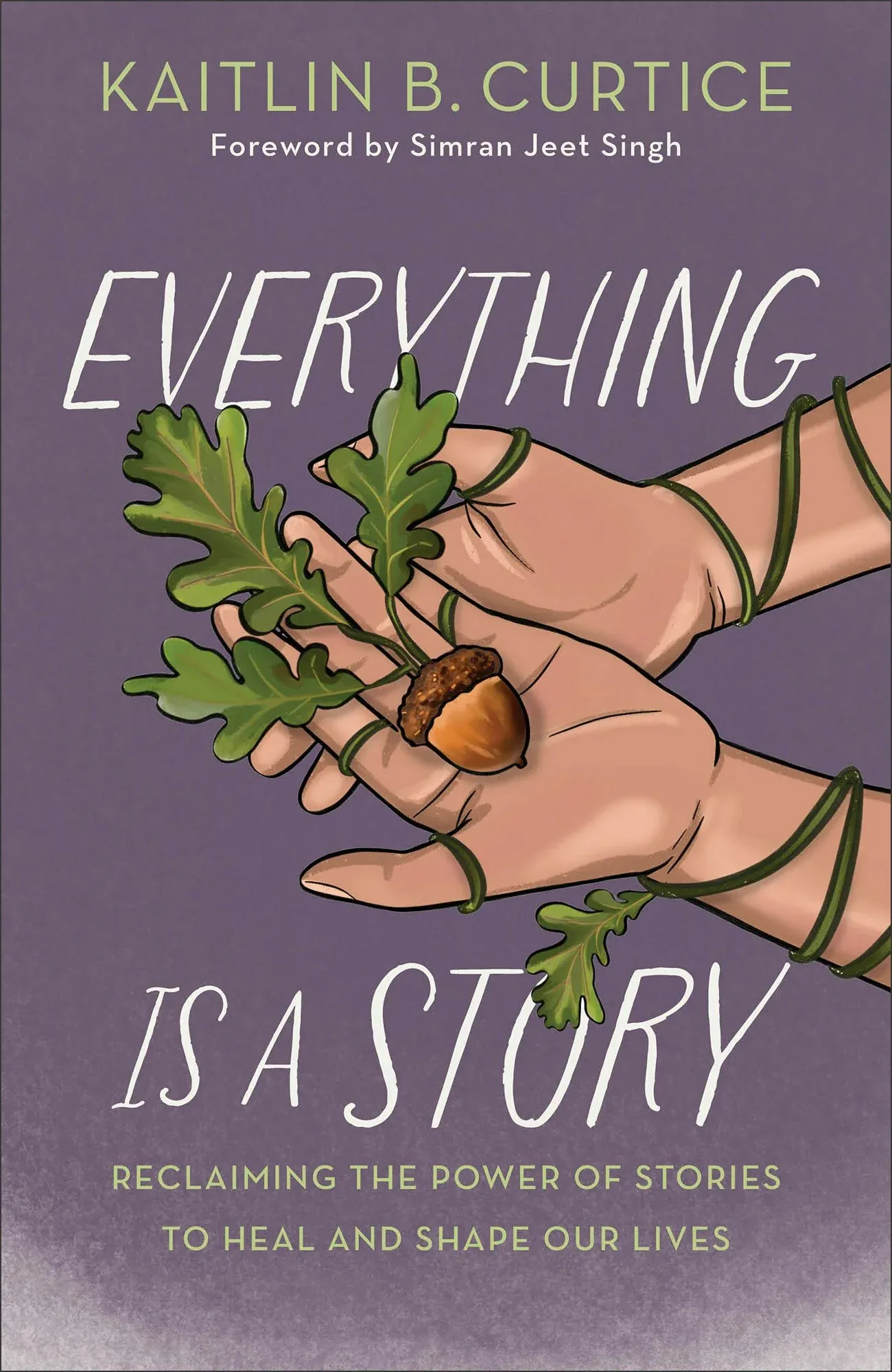
Stories are alive--and they shape our personal and collective identities, for better and worse
Discover how the stories we …